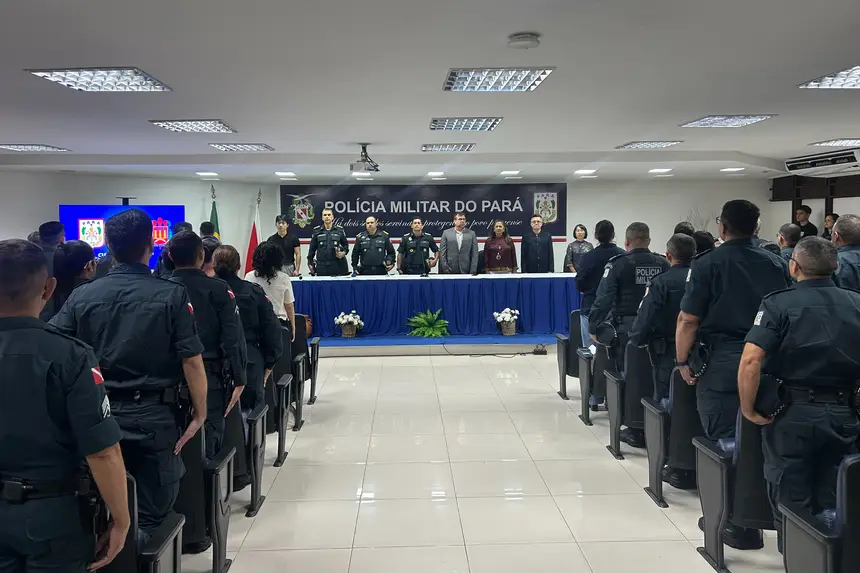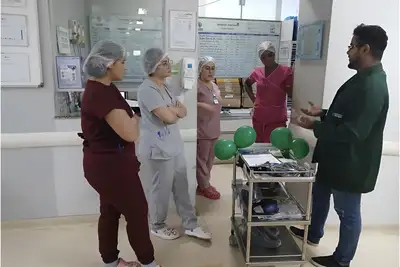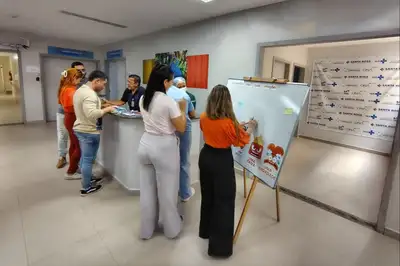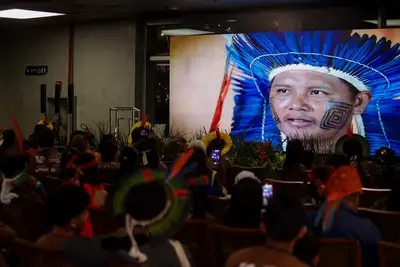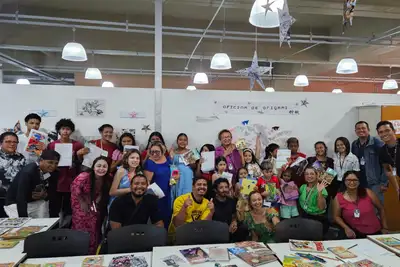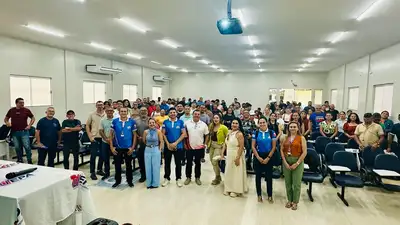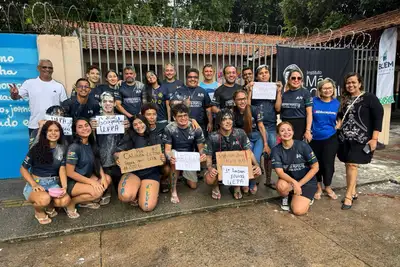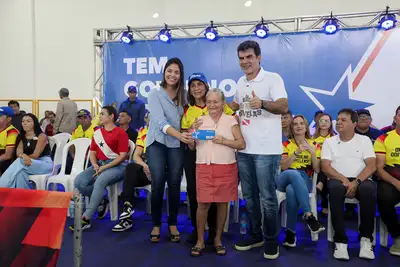Military Police receive certification in basic Mandarin course at Uepa
The initiative aims to prepare security agents for a new scenario in Belém, the host city of the United Nations Conference on Climate Change in 2025 (COP30)
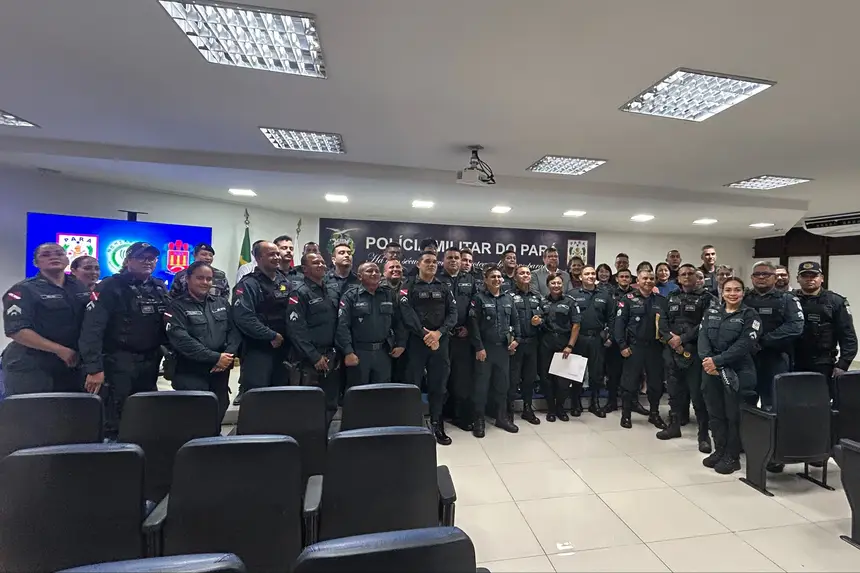
The certification ceremony for the basic Mandarin course for military police was held this Wednesday (29), resulting from a partnership between the Military Police of Pará (PMPA), the State University of Pará (Uepa), and the Confucius Institute. The initiative aims to prepare security agents for a new scenario in Belém, the host city of the United Nations Conference on Climate Change in 2025 (COP30).
Among the graduates is soldier Daniel Brito, who emphasized the relevance of the opportunity provided by the corporation. “For sure, the course will help us better serve people coming to Belém, facilitating communication, especially with Chinese groups. This reinforces the image of a modern police force, prepared for international events and to welcome people of different nationalities in our capital,” said the officer.
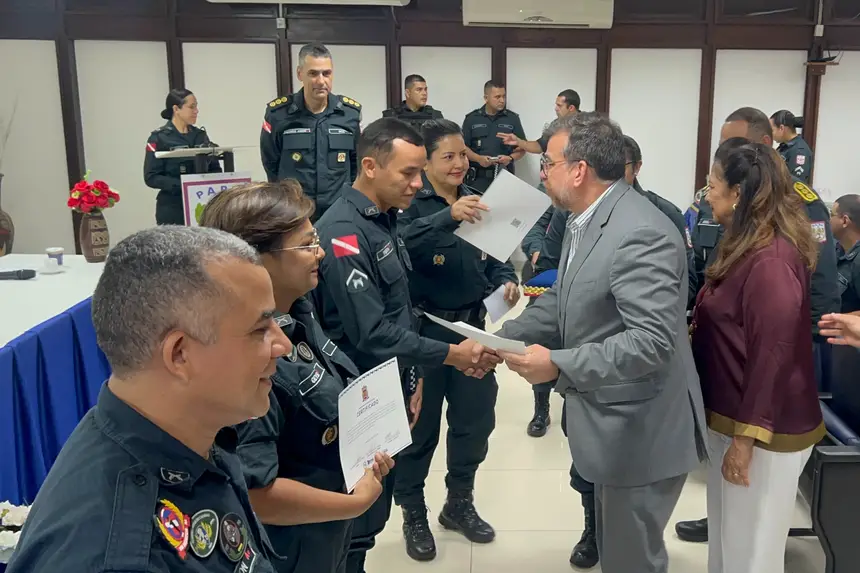
With a workload of 60 hours, the Mandarin course combined theory and practice in face-to-face meetings at the Confucius Institute of Uepa. The classes were dynamic and interactive, focused on everyday police situations, using simulations, videos, and group activities.
The participants learned basic Mandarin expressions as well as terms used in service and emergency situations, in addition to learning about aspects of Chinese culture and etiquette, which are essential for respectful and effective communication with tourists and visitors.
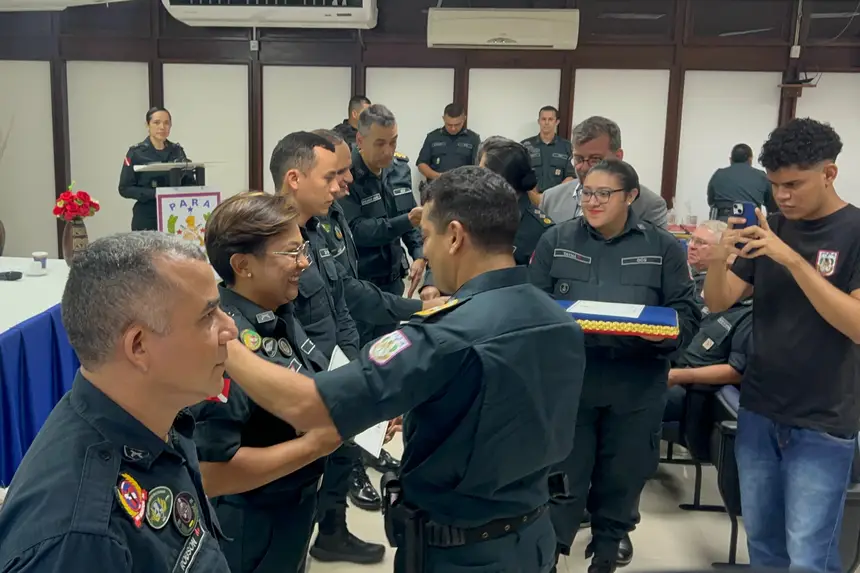
“The course demonstrates that we are qualified and prepared to act in a global event like COP30, as well as in other major operations that the State may carry out. The Military Police has continuously invested in the training of its agents, who are the first contact with society. This effort reflects the State government's commitment to modern, efficient public safety, ready to welcome the tourists who will come to our capital,” declared the commander-general of the Military Police, Colonel Sérgio Neves.
The rector of Uepa, Clay Chagas, emphasized the importance of the partnership and praised the dedication of the graduates. “This partnership represents the efforts of the institutions to better serve the population,” he said. “Pará, particularly the city of Belém, is undergoing a moment of intense transformation. The city we knew no longer exists; now, it is a place that strives to welcome more and more visitors. Overcoming the language barrier is essential, as you, police officers, are the first to receive tourists - on the streets, assisting and informing. This is a commendable effort,” he added.
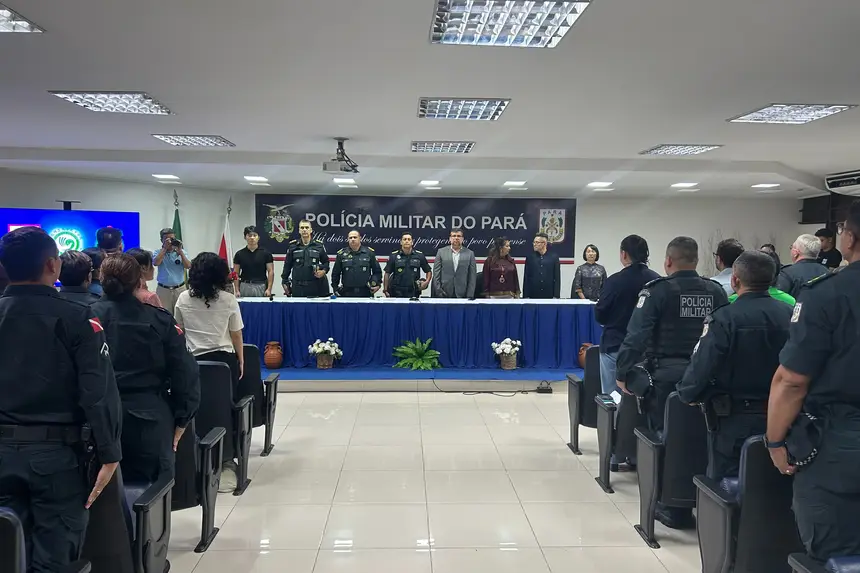
The Chinese director of the Confucius Institute at Uepa, Sun Jing, highlighted the commitment and enthusiasm of the police officers throughout the training. “This learning contributes, in a practical way, to the police work at COP30, for example, helping to perform tasks with more confidence and efficiency,” she stated.
More investments in training
In the last two years, more than 400 military police officers have already been trained by Uepa in English, Spanish, and Mandarin courses, through other training developed in partnership with the PM. The first Mandarin class took place between March and June 2025, and the second phase, between July and October, expanded the project and trained an additional 54 military police officers. This action reinforces the commitment of the Military Police to improving intercultural communication and building an image of professionalism and hospitality towards foreign visitors arriving in Pará.
Text: Tarcya Amorim and Marília Jardim (Uepa)


